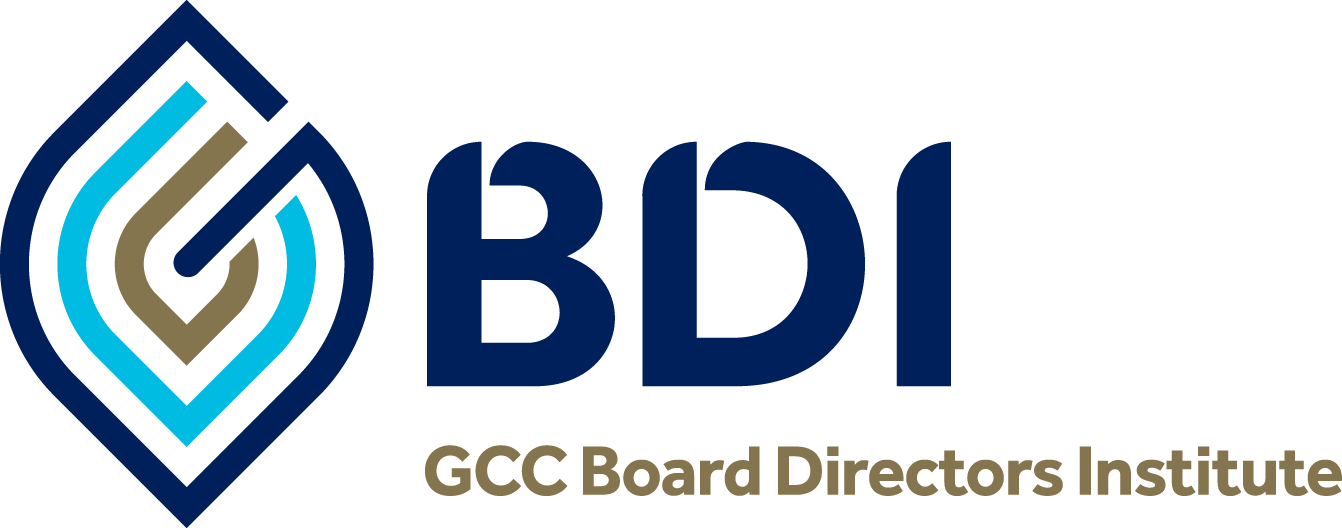Interview with Salama Al Hajri
1. Tell us about your career journey and how you came to serve on a board.
My career journey in HR began over 19 years ago, driven by a passion for workforce strategy and organizational transformation. I started in HR operations, gradually advancing into leadership roles that allowed me to shape HR policies, drive talent management initiatives, and lead major transformation projects. My expertise in compensation, benefits, and strategic workforce planning led me to key leadership positions, ultimately positioning me as People and Culture GM at Nama Holding. My board membership came as a natural progression of my contributions to corporate governance, HR transformation, and workforce strategy. Being on the board allows me to influence high-level decision-making, ensuring that people and culture remain integral to business success.
2. What are you most proud of and why?
I am most proud to have been a member of HR stream involved in the Electricity, Water and Waste Water Sector Restructuring projects. These large-scale transformations impacted hundreds of employees, requiring a strategic approach to workforce redeployment, change management, and policy alignment. Successfully implementing Nama Group’s HRMS and workforce analytics tools is another achievement I take pride in, as it has enhanced data-driven decision-making across the organization. These initiatives have not only optimized costs and improved efficiency but also reinforced employee engagement and business sustainability.
3. What are your professional areas of expertise and what skills do you bring to the boardroom?
My core expertise includes:
- Strategic Workforce Planning & Talent Management – Ensuring the right talent strategy aligns with business goals.
- Compensation & Benefits Strategy – Designing competitive and sustainable reward structures.
- Organizational Design & Change Management – Leading HR transformation and restructuring initiatives.
- Leadership Development & HR Governance – Building leadership pipelines and ensuring governance compliance.
- Data-Driven Decision-Making & HRMS Implementation – Leveraging HR technology for strategic insights.
In the boardroom, I bring a strategic HR perspective that aligns people strategy with business objectives. My ability to analyze workforce trends, drive governance, and implement transformation initiatives helps in making informed, forward-looking decisions.
4. What are the benefits that diversity can bring to the boardroom, including women on boards?
Diversity in the boardroom enhances decision-making, innovation, and corporate governance. Women bring unique perspectives, emotional intelligence, and inclusive leadership styles that contribute to balanced discussions and holistic strategies. A diverse board fosters creativity, risk awareness, and a stronger connection with diverse stakeholders. It also promotes equitable workplace policies, ensuring organizations are more adaptable, resilient, and aligned with societal expectations.
5. What is your advice for women who are aspiring to leadership and board positions?
Women aspiring for leadership should embrace continuous learning, challenge traditional norms, and actively seek opportunities to contribute at strategic levels, through:
- Building expertise and credibility – Master your field and demonstrate your impact through results.
- Developing leadership presence – Enhance communication, negotiation, and decision-making skills.
- Seeking mentorship and sponsorship – Learn from experienced leaders and build a strong professional network.
- Being proactive in governance knowledge – Understanding corporate governance strengthens your readiness for board roles.
- Staying resilient and confident – Leadership comes with challenges, but persistence and confidence open doors.
